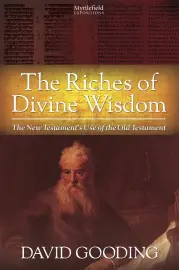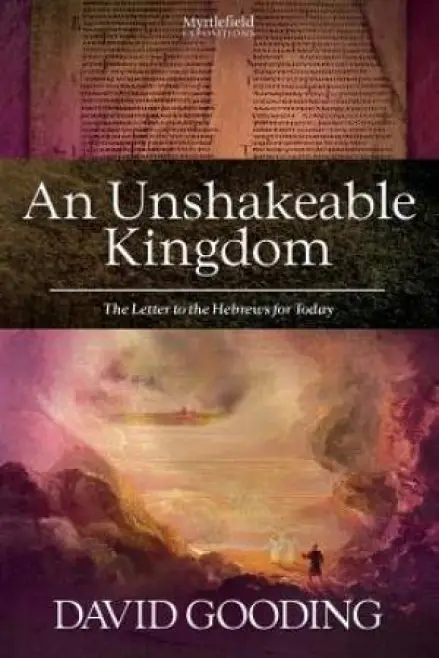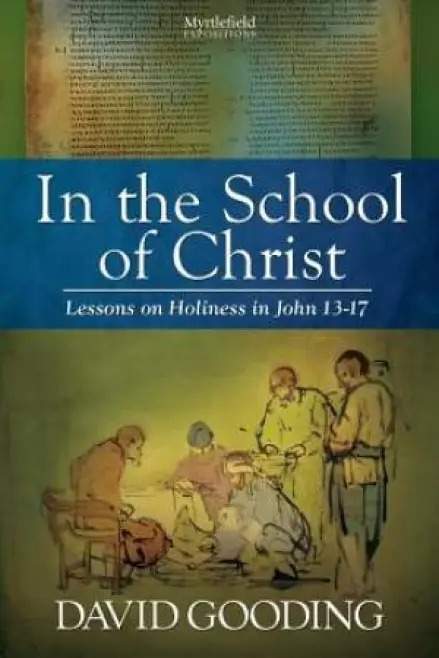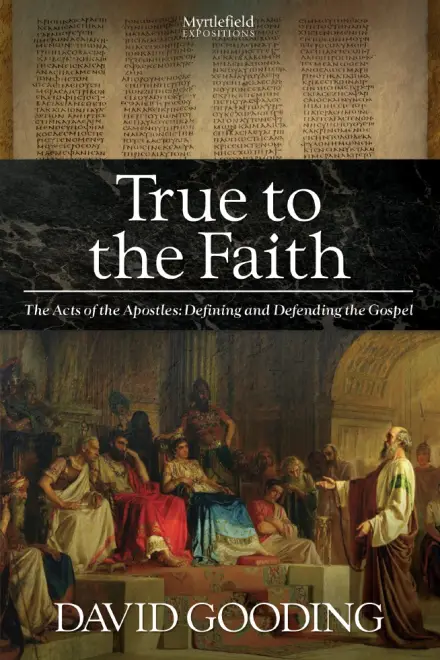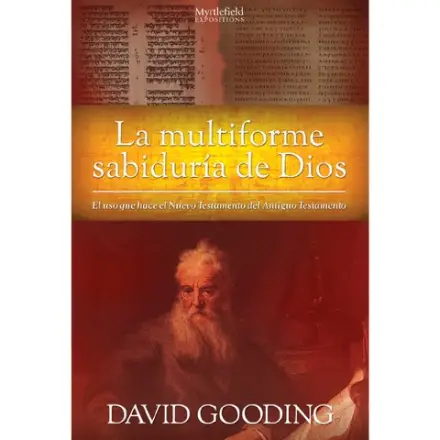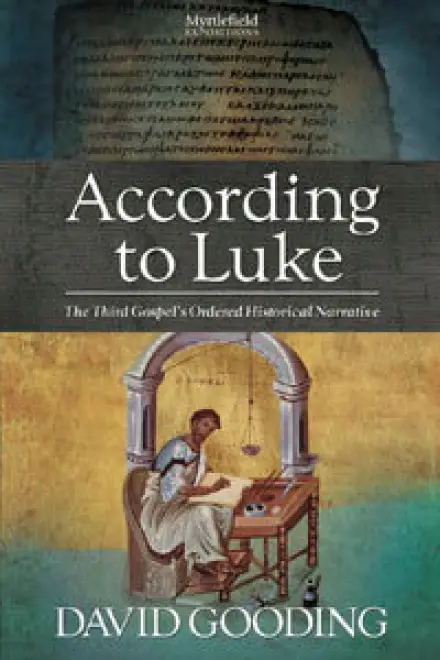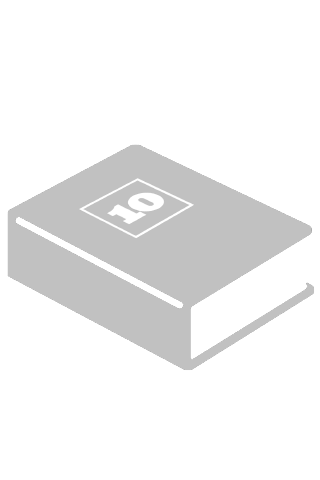The wisdom of God is revealed in both Old and New Testaments, but it is impossible to appreciate that wisdom fully if the two are read in isolation. Sometimes the New Testament quotes the Old as authoritative. Sometimes it cancels things that the Old says. At other times it indicates that the Old was a type that illustrates New Testament doctrine. How are we to understand and apply its teaching? Is the New Testament being arbitrary when it tells us how to understand the Old, or do its careful interpretations show us how the Old was meant to be understood? Could it be that the New Testament’s many different ways of using some of its passages provide us with guidance for reading, studying and applying the whole of the Old Testament?
Drawing upon many years of biblical research and teaching, Professor Gooding addresses these issues by expounding key New Testament passages that use the Old Testament. First, he examines the importance of the general relationship of the two testaments. He then considers five major thought categories of the New Testament’s interpretation that encompass the many insights that it employs as tools for harvesting the wealth of the Old. Finally, he formulates guidelines for interpreting Old Testament narrative and illustrates them from three familiar passages. Taken together these insights provide invaluable help for appreciating the richness of God’s multifaceted wisdom, which has come down to us as the revenue of all the ages.
_____________
The Riches of Divine Wisdom is a tour de force. Many Christians fail to take the Old Testament seriously. Others find the New Testament’s use of the Old problematic. In this work Professor Gooding offers sane guidance to both groups with eloquence and clarity. He shows how the New Testament itself instructs us in interpreting the Old. Teachers, preachers and all serious Bible students will find it an invaluable resource. — Gordon J. Wenham — Tutor in Old Testament, Trinity College, Bristol; Professor Emeritus of Old Testament, University of Gloucester
In this wide–ranging study we meet typology, allegory, and ‘fulfilment’, and the different levels at which fulfilment may take place. We are reminded that dogged adherence to either a literal–historical or a typological reading of Scripture risks selling it short. And that, whereas we must always begin our engagement with texts at the literal–historical (or grammatico–historical) level, that is often only the first step in the unfolding of what they have to convey. . . . David Gooding presents this splendid volume as a kind of manual on the interpretation of Scripture, and on how consideration of the interplay of the two Testaments may help inform our own attempts at interpretation and exposition. (from the Foreword)
— Robert P. Gordon — Regius Professor of Hebrew Emeritus, University of Cambridge
In this exceptionally informative book, Prof. David Gooding addresses with outstanding clarity the challenging task of explaining how New Testament writers draw on the Old Testament. As a highly–gifted, experienced Bible–teacher and academic scholar, he has produced a profoundly helpful, and yet remarkably accessible, guide to this complex topic. Fully focused on using Scripture to interpret Scripture, Prof. Gooding skilfully enables the diligent reader to see with greater clarity the ‘riches of divine wisdom’. For anyone interested in understanding better the unity of the Bible, this book is essential reading.
— T. Desmond Alexander —Senior Lecturer in Biblical Studies, Union Theological College, Belfas
I anticipate that this book will rapidly become an essential resource for those seeking to understand and enjoy the way in which the New Testament unfolds the meaning of the Old Testament. David Gooding’s analysis of texts that are often found difficult is both penetrating and accessible. I have personally found the material contained here extraordinarily helpful.
— John C Lennox — Professor of Mathematics, University of Oxford; Fellow in Mathematics and Philosophy of Science, Green Templeton College
I carefully read two earlier books in this series, on Luke and Acts, from start to finish. I am doing the same with this book for the same reasons: The opportunity to gain deep insights into biblical truth which only a master of the Scriptures could give, and to be devotionally enriched while doing so. This book is particularly important because it clearly and skilfully addresses a key area of biblical interpretation which all sincere students of the Word should develop skills in handling. I am refining some of my views on how I should approach the Old Testament as I read this book, and I am learning, learning, learning.
— Ajith Fernando — Teaching Director, Youth for Christ; Author, Deuteronomy: Loving Obedience to a Loving God
I have discovered, through the discriminating palate of Professor Gooding, how the various writings of the Hebrew Scriptures have left their distinctive marks on the fruit borne by the writers of the New Testament. The Riches of Divine Wisdom is clearly a masterwork of scholarship but written so it makes available to any devoted Bible student a largely unexplored field of both profitable and enjoyable study.
— J. B. Nicholson — President, Uplook Ministries
This book is vintage David Gooding–Christ centred, scholarly yet immensely readable exposition. With verve and skill, he tackles one of the most challenging issues facing every Bible student, presenting many of the rich insights of his teaching ministry. This is a landmark contribution. I found my thinking stimulated and sharpened as I read it.
— Alan Gamble — Bible Teacher, Glasgow, Scotland
-
Title
The Riches of Divine Wisdom
-
Author(s)
-
Series
-
ISBN
9781874584216
-
Format
Paperback
-
Publisher
Myrtlefield House
-
Audience
Church Leaders
-
Pages
458
-
Published
01/03/2013
